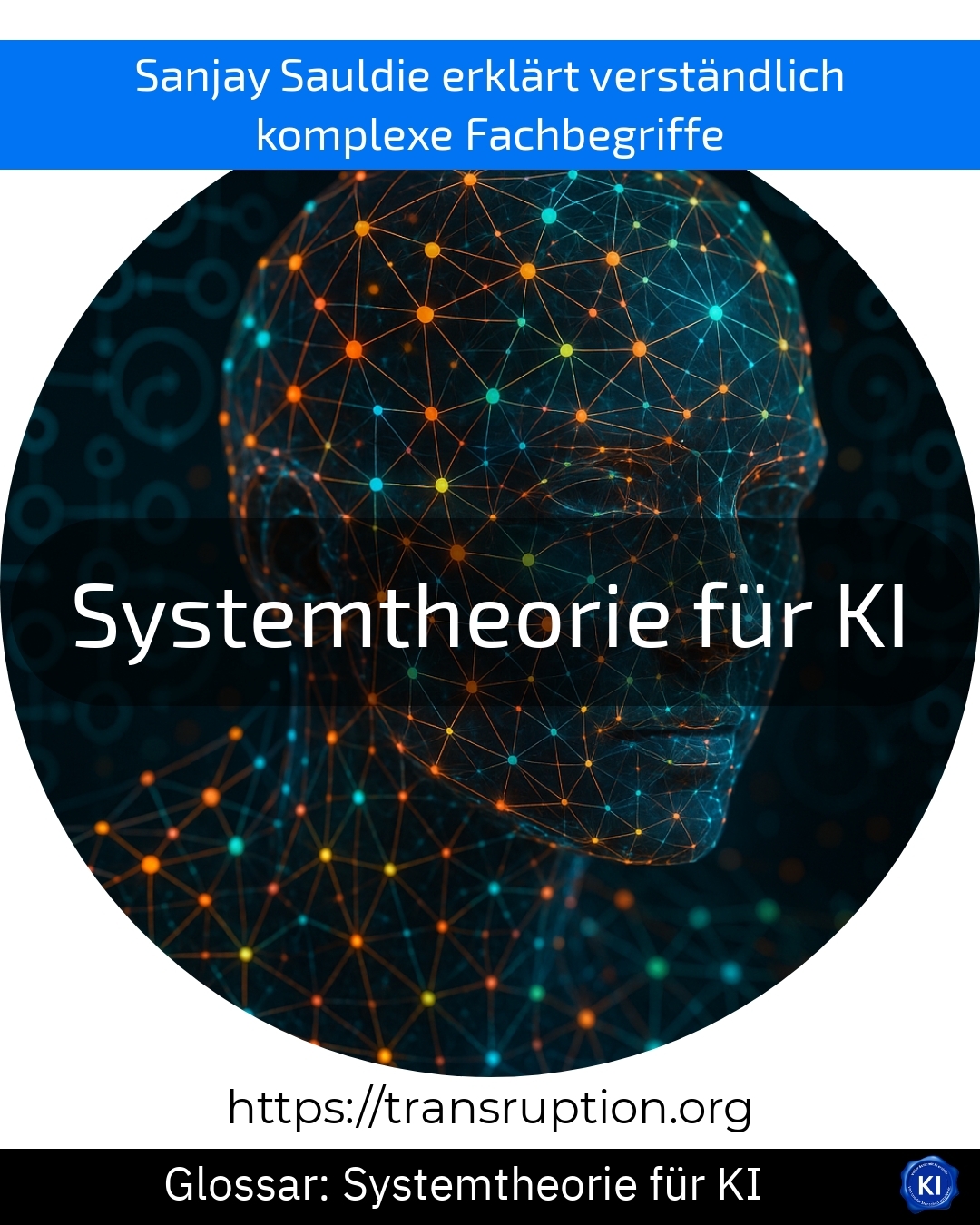Systems theory for AI is part of the topics of artificial intelligence, digital transformation and automation. Systems theory is a way of thinking to better understand complex interrelationships. It doesn't just look at individual parts, but at the big picture and how the parts are connected. This is particularly important in the case of artificial intelligence, as a lot of data, processes and technical systems often interact here.
Imagine, for example, a smart traffic management system in a city that uses AI to control the flow of traffic. Systems theory helps to consider not only the traffic lights individually, but also how they interact with cars, public transport and weather conditions. This enables AI to react more intelligently and safely.
By applying systems theory to AI, companies can achieve better results because they take into account the effects of decisions in the overall system. This reduces risks, increases effectiveness and ensures that AI solutions work sustainably. For decision-makers, this means that with systems theory for AI, you always maintain an overview and make better, future-proof decisions.















